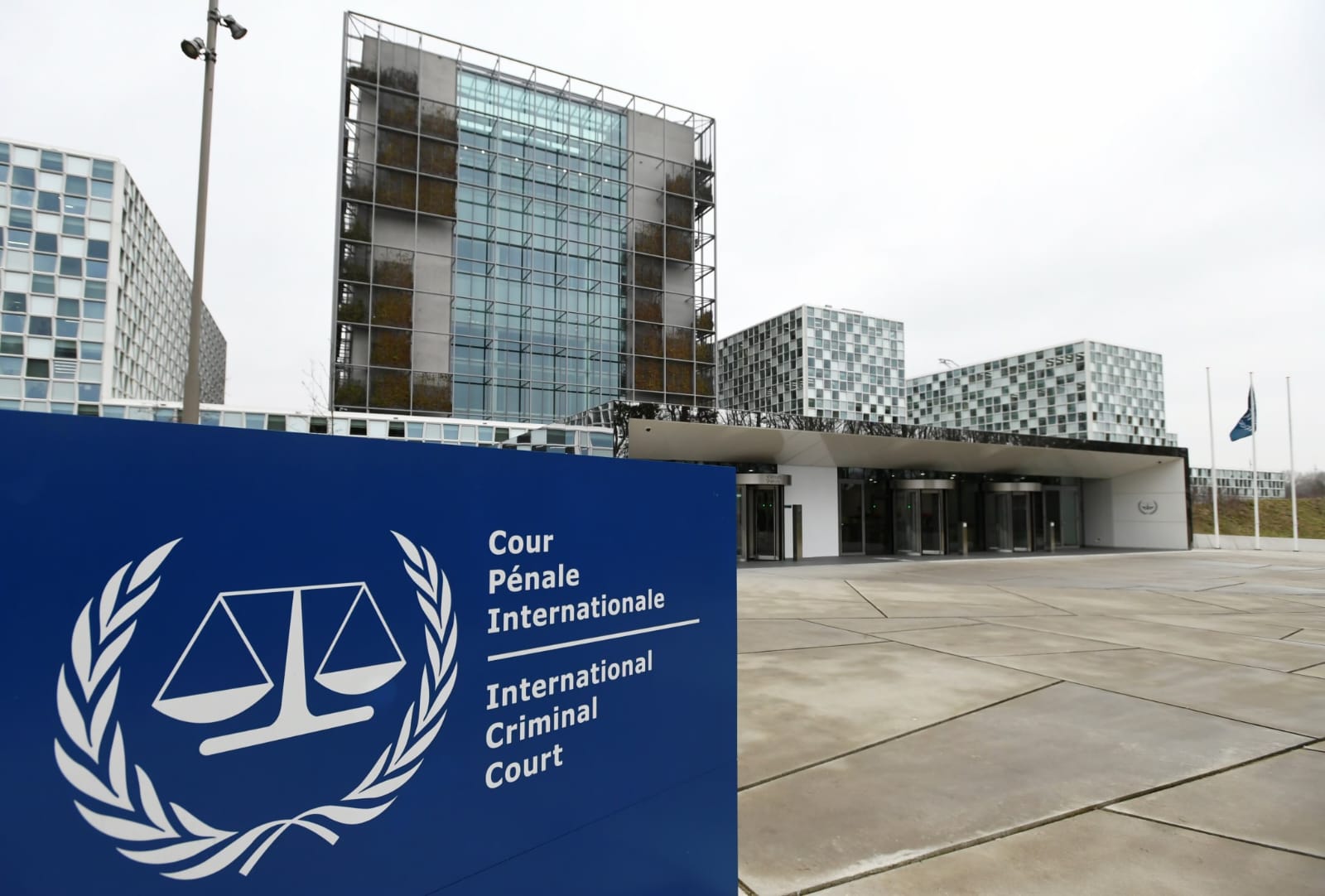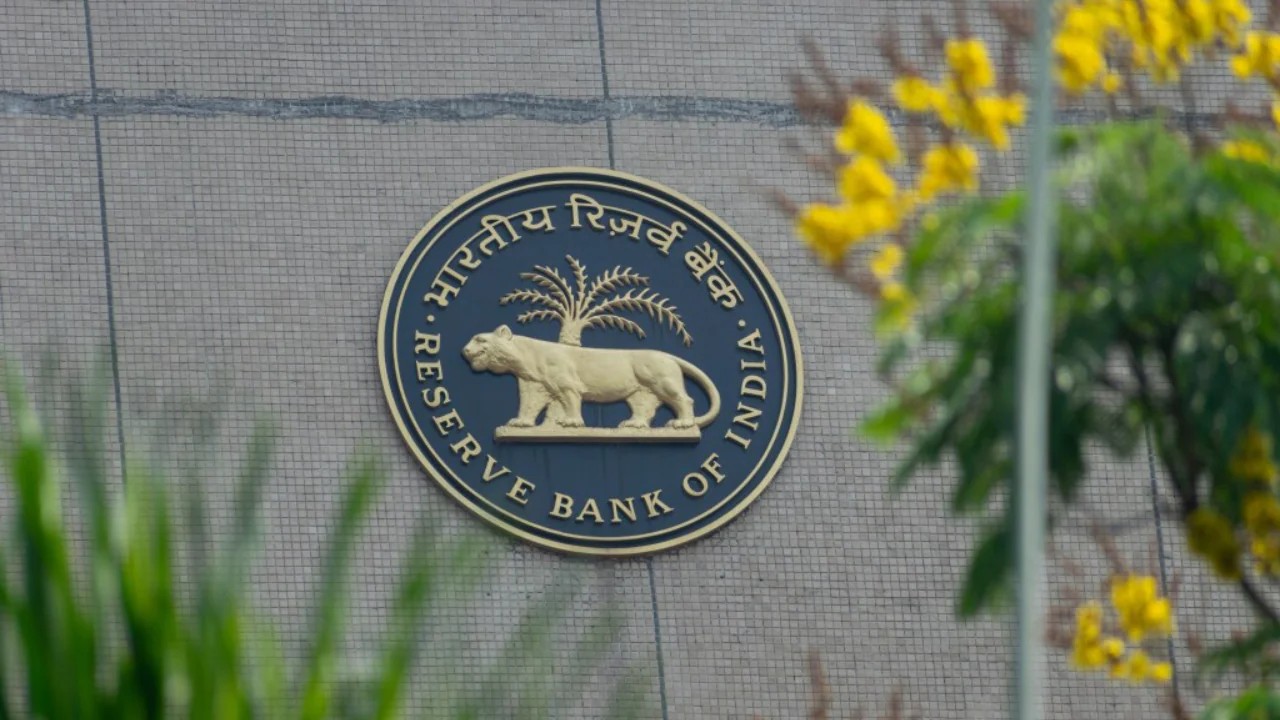 Image Source: Reuters
Image Source: Reuters
In a significant development unfolding this week, the United States is reportedly considering imposing sweeping sanctions on the entire International Criminal Court (ICC), marking a serious escalation in its ongoing dispute with the court. This move is seen as retaliation for the ICC’s investigations into alleged Israeli war crimes, jeopardizing the court’s daily operations and threatening its financial and functional stability.
Key Highlights:
-
The US has already placed targeted sanctions on individual ICC prosecutors and judges but now may extend sanctions to the ICC as a whole entity.
-
The ICC has conducted emergency internal and diplomatic meetings to assess the potential impact and prepare for the consequences of possible broad-based sanctions.
-
In response to looming sanctions, the ICC has prepaid staff salaries for the remainder of 2025 to safeguard against financial disruptions.
-
US State Department has signaled further protective measures for US personnel, underscoring tensions surrounding ICC jurisdiction claims over US and Israeli nationals.
-
The decision on entity-wide sanctions is imminent, expected as soon as this week, according to multiple sources close to the matter.
US Targeting the Court as an Institution
Previously, US sanctions were narrowly focused on a handful of ICC officials, including prosecutors and judges, who were subjected to visa bans and asset freezes. However, insiders reveal that Washington is poised to dramatically widen its sanctions scope by including the ICC itself, aiming to disrupt the court’s overall functioning. Such a move would mark an unprecedented action against an international judicial body.
Court’s Preemptive Measures and Diplomatic Response
In light of the anticipated sanctions, ICC officials have convened urgent internal meetings to strategize and minimize disruption. Diplomats representing ICC member states have also gathered to discuss coordinated responses to the challenge. One notable preventive measure by the court was advancing payment of staff salaries for the rest of 2025, a tactic designed to shield personnel from immediate financial setbacks should banking and service restrictions materialize due to sanctions.
Protecting US Interests and Service Members
The US government, through a State Department spokesperson, reiterated its position on countering what it views as illegitimate assertions of jurisdiction by the ICC over American and Israeli personnel. The spokesperson indicated additional actions are forthcoming to protect US service members and national interests amid the escalating clash with the court.
Broader Implications and International Reactions
The expansion of sanctions against the ICC sparks extensive international concern given the court’s role in investigating genocide, war crimes, crimes against humanity, and aggression globally. Critics argue that such sanctions jeopardize justice for victims worldwide and undermine the independence of the international judicial system. The ICC itself has condemned the sanctions as an assault on the rule of law and has vowed to continue its work despite pressures.
In past months, the US has sanctioned multiple ICC officials linked to investigations concerning Israel and some Palestinian territories. These steps have drawn condemnation from human rights bodies, legal associations, and numerous ICC members who emphasize the importance of an impartial, autonomous court system for international justice.
What’s Next?
A decision on the entity-wide sanctions against the ICC could come within days, triggering a potentially serious confrontation between the US and an influential international institution tasked with upholding global justice. The upcoming weeks will likely see intensified diplomatic debates, possible pushback at the United Nations, and further strategic adjustments by both the ICC and its member states.
Sources: Reuters, Hindustan Times, US State Department Press Releases, Al Jazeera, UN News
Please get more news
Nation Awaits: PM Modi To Address Citizens At 5 PM Today Amid Key Policy Shifts
Advertisement
Advertisement





